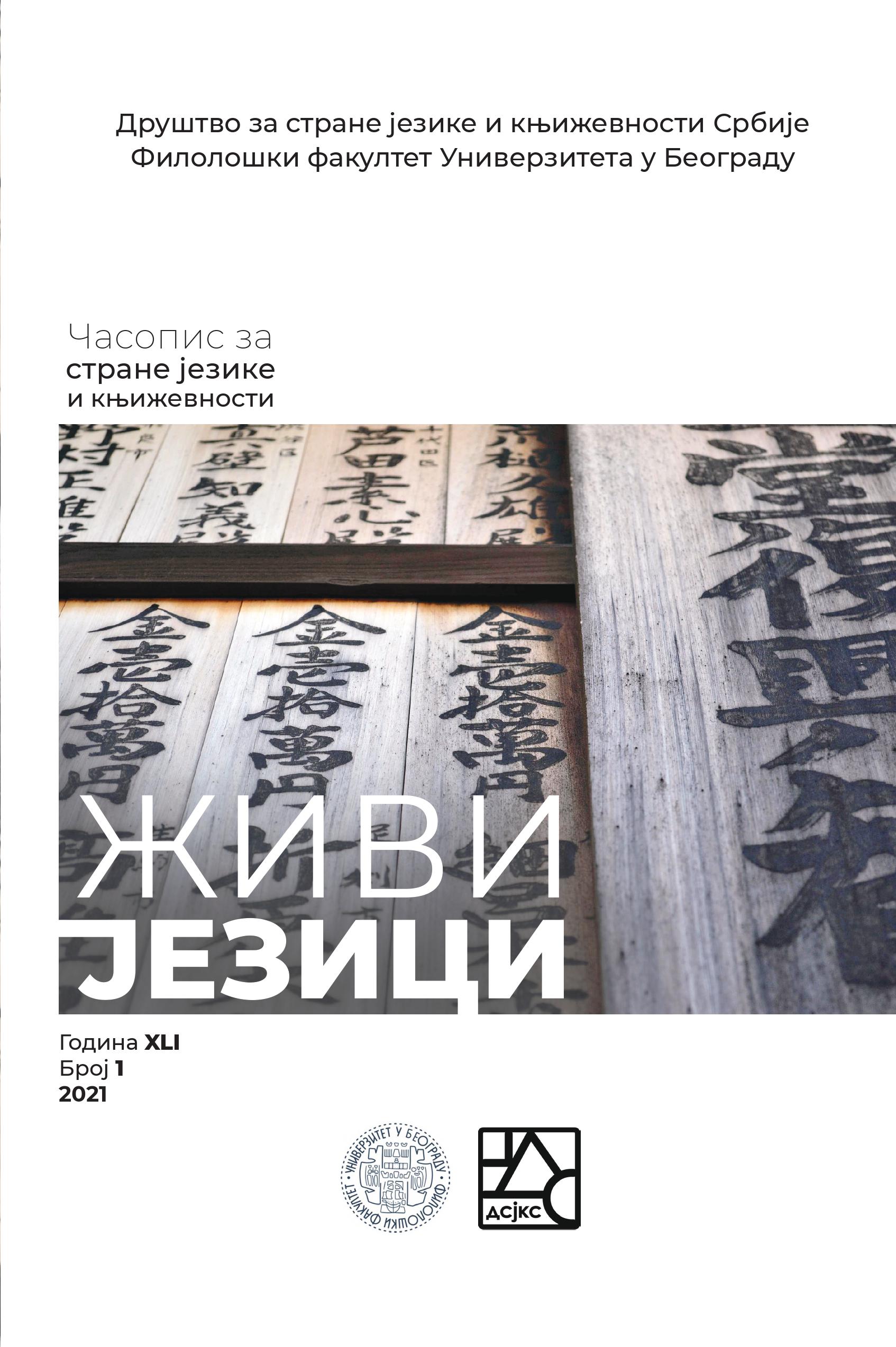ИНТЕРКУЛТУРНА КОМПЕТЕНЦИЈА НАСТАВНИКА ЈЕЗИКА НОВОПАЗАРСКИХ ШКОЛА
Кључне речи:
култура матерњег језика, култура страног језика, интеркултурна осетљивост, интеркултурна компетенцијаСажетак
Циљ анализе јесте представљање нивоа интеркултурне компетенције наставника језика новопазарских основних и средњих школа. У истраживању спроведеном у октобру 2020/21. године учествовало је 35 наставника језика. Истраживање је спроведено анкетирањем наставника језика, где се анкета састојала од питања затвореног и отвореног типа, те испитивала ставове наставника језика о интеркултурној настави, битности стицања интеркултурне компетенције кроз наставу језика, нужности интеркултурне компетенције и ученика и наставника, развоју интеркултурне осетљивости, те о перцепцији своје улоге као медијатора између стране и културе матерњег језика. Квантитативно-квалитативном анализом приступили смо обради добијених података, на основу чега смо потврдили хипотезу да је интеркултурна компетенција неизоставан конструкт наставе језика, те подједнако битна и код ученика и код наставника.


